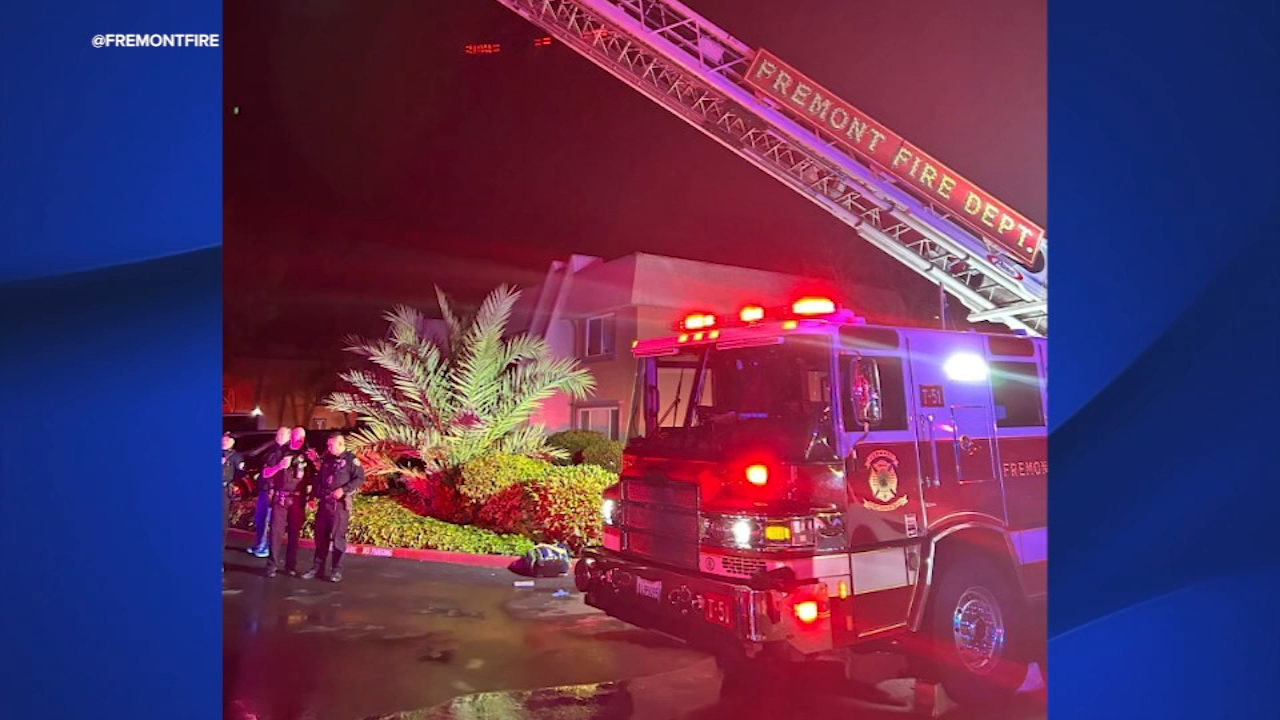How one SF company is advancing water recycling technologies in downtown buildings and beer

SAN FRANCISCO (KGO) -- Looking out from a downtown San Francisco rooftop, Epic Cleantec co-founder and CEO Aaron Tartakovsky says you can actually see the future of recycled water.
"This is not theoretical, it's happening right now. It's happening here, it's happening in the Chorus building, where we're going to be operating that system. And it's happening in a third building over here," says Tartakovsky, pointing a short distance away.
Epic Cleantec is harnessing the used wastewater from high-rise buildings, and giving it a second life, with a dizzying array of technologies.
MORE: Turning tomatoes into drinking water? 2 CA companies are teaming up to make this happen
"So we're taking that wastewater and we're turning it into clean water. We're turning it into high-quality soil amendments, and then we're actually turning it into energy. We're actually recovering all that heat that we use to heat water up in a building and turning that into a renewable energy that we can then reuse within the building," explains Tartakovsky.
At the heart of the system lies a control center that monitors everything from the amount of energy being saved to the amount of wastewater being recovered. Ryan Pulley is the director of water reuse operations.
"We take water that looks like this when it comes into our system, and then we take it through our process and it comes out this way. Technically drinking water but by regulation non-potable," says Pulley.
MORE: How recycled wastewater could help combat dwindling supplies amid CA's drought
And while the company says the water is more than pure enough to drink, by state regulations, it's currently used only for applications ranging from toilet flushing to irrigation to cooling laundry systems. But the materials removed from the water itself continue on through the system, to a second life of their own. A thresher-like machine actually employs a chemical process to turn the solid waste that's squeezed from the water into ultra-rich soil, all in the company's rooftop research and development facility.
"In about 20 minutes convert it from a wet smelly waste to a dry odorless product that's amazing for plants," says Tartakovsky.
Samples are on display in the company's garden on site. As are toilet-shaped planters and other reminders of the closed-end strategy that the company says can help buildings reuse up to 95% of their wastewater. With three major San Francisco projects, either completed or in the works, CEO Aaron Tartakovsky believes their strategy is already at a tipping point.
But rather than celebrating its early success, the company is now using its own brand of recycled water beer to demonstrate the possibilities ahead. Taking the brew to water forums and trade shows around the world.
"We make beer out of recycled water, because we're trying to change the conversation. We're not just trying to introduce new technologies. We're actually fundamentally trying to help people rethink how our communities handle water," Tartakovsky says.
Later this year, California is scheduled to unveil new, updated regulations for what's known as direct potable reuse. For the first time this will allow agencies to convert recycled water directly into drinking water.
Or perhaps maybe someday, beer.
If you're on the ABC7 News app, click here to watch live










